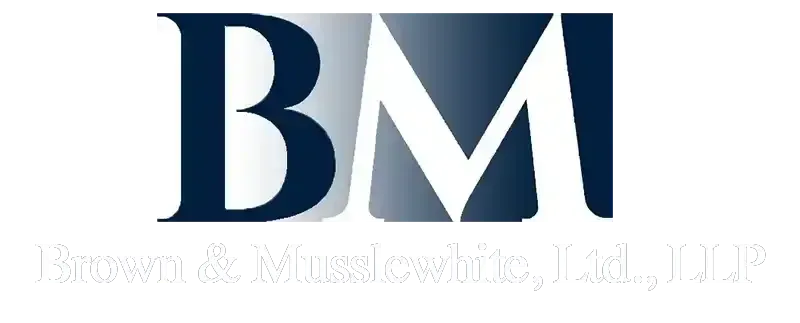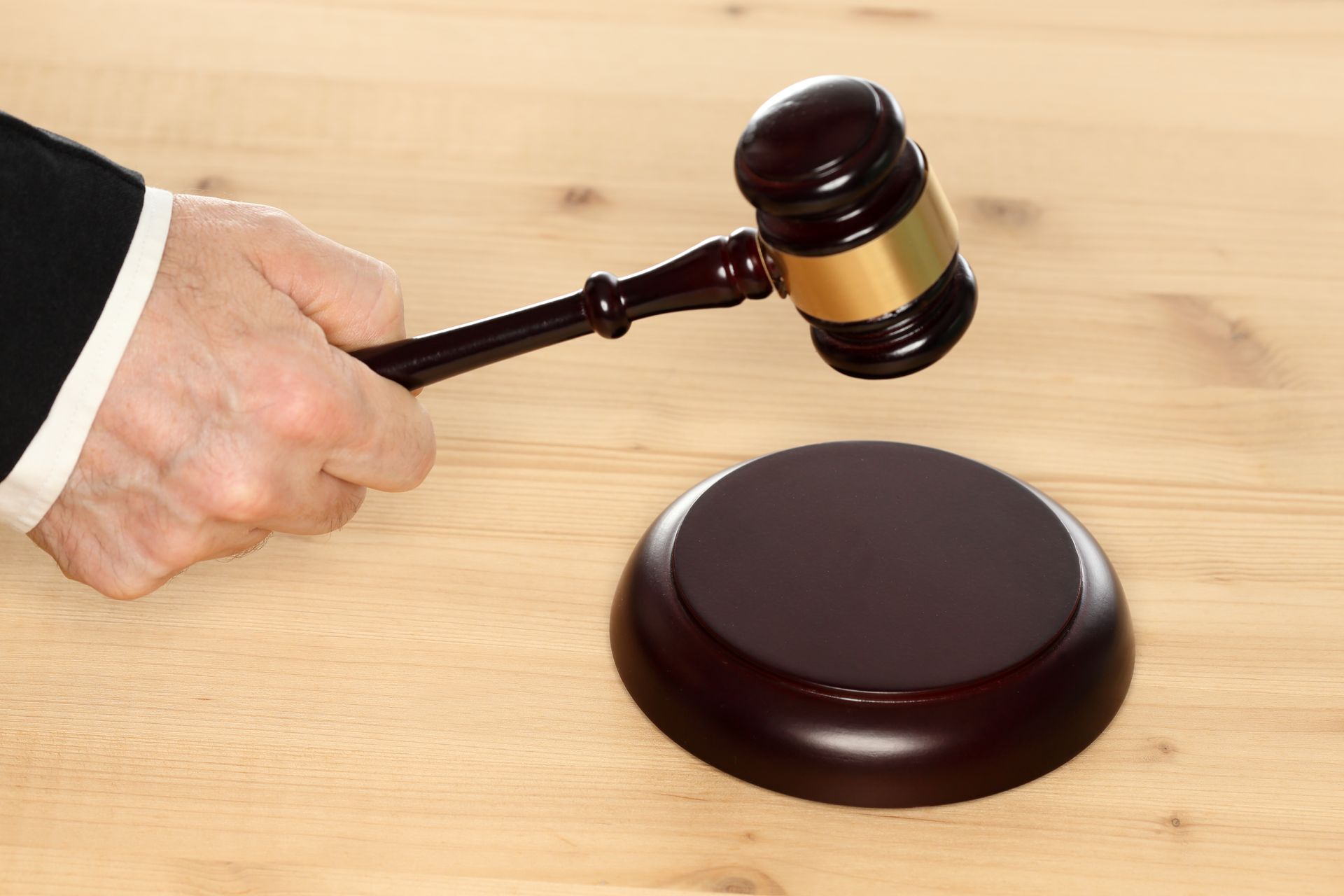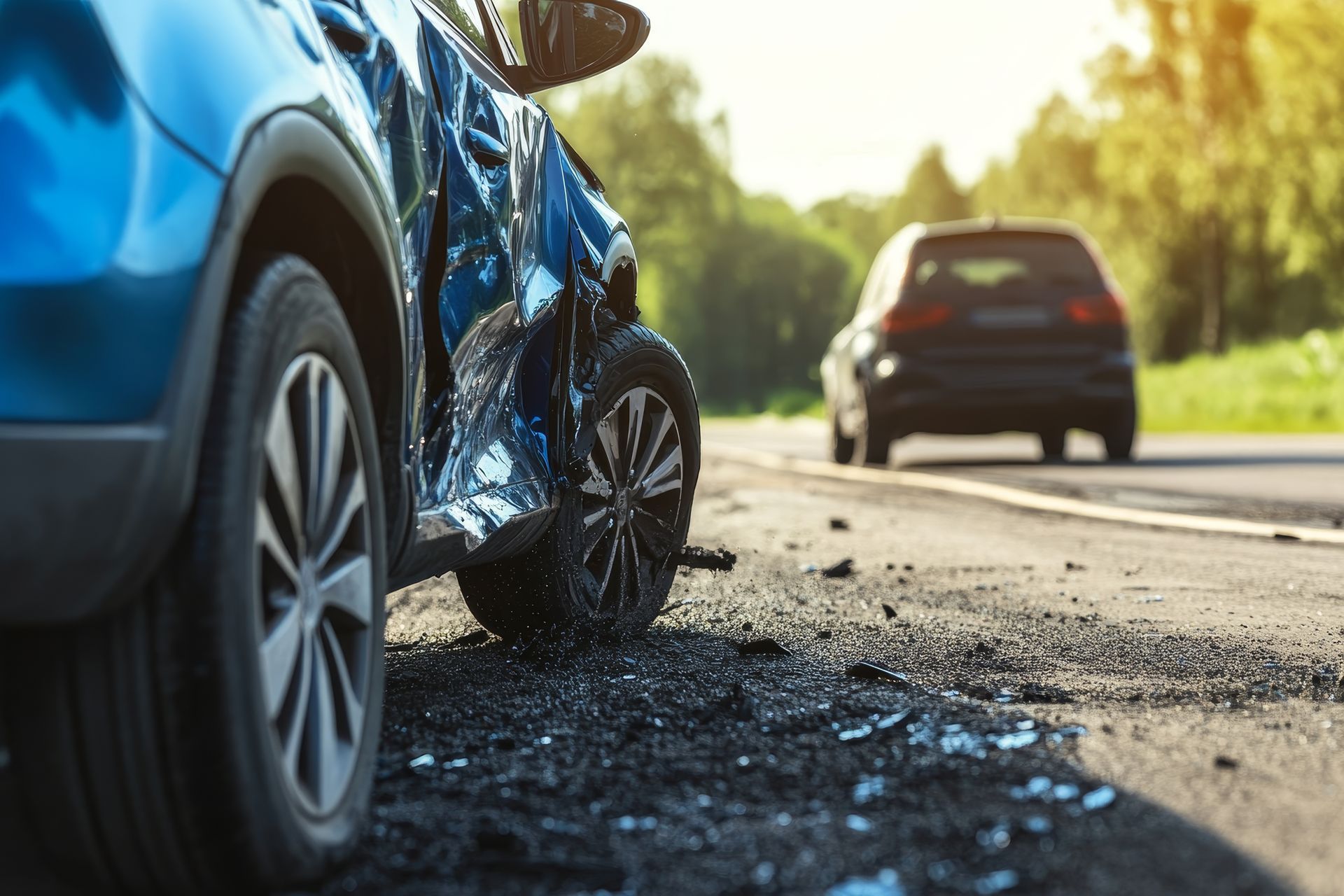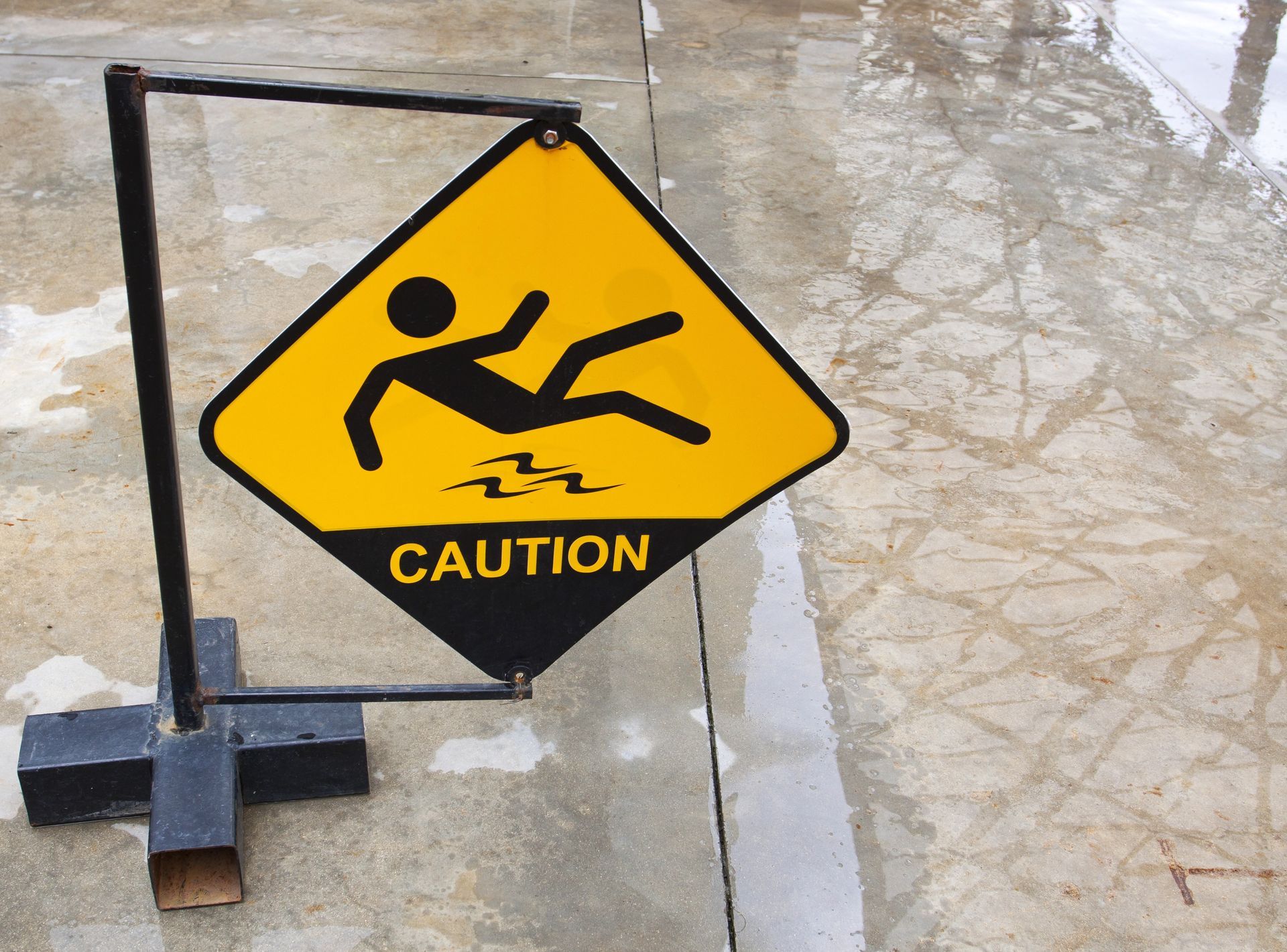Understanding Liability in Texas Truck Accident Cases
Understanding Liability in Texas Truck Accident Cases
Truck accidents can cause severe consequences. When a large commercial vehicle crashes into a smaller car, the aftermath is often catastrophic—physically, emotionally, and financially. For those injured in such accidents in Houston or anywhere in Texas, understanding who is legally responsible is critical to recovering fair compensation.
Liability in truck accidents often involves multiple parties. This blog will help you understand how fault is determined and what steps are involved in holding the right individuals or companies accountable.
Who Can Be Held Liable in a Texas Truck Accident?
Unlike standard vehicle collisions, truck accidents frequently involve more than just the driver. Several parties may share responsibility depending on the facts of the case.
1. Truck Driver
A truck driver may be liable if the crash occurred due to:
- Distracted driving
- Fatigue or violating hours-of-service regulations
- Speeding or aggressive behavior
- Driving under the influence
- Failing to comply with traffic laws
Truck drivers are required to follow strict state and federal safety rules. A failure to do so may lead to legal accountability for injuries caused.
2. Trucking Company
The company that owns or operates the truck may also be liable, especially if it:
- Hired unqualified or unsafe drivers
- Failed to maintain vehicles properly
- Pressured drivers to meet unsafe delivery schedules
- Neglected proper training and supervision
In many cases, a trucking company can be held legally responsible for the actions of its drivers, especially if it contributed to unsafe conditions.
3. Parts or Vehicle Manufacturer
If a defective part—such as faulty brakes, tires, or steering—caused the accident, the manufacturer or distributor may be liable under Texas product liability laws.
4. Cargo Loaders
Improperly loaded or unsecured cargo can make trucks unstable or cause load shifts that lead to collisions. If a third-party cargo company loaded the truck, it may be partially responsible for the accident.
5. Maintenance Providers
Trucks require routine inspections and repairs. If a maintenance company failed to identify or fix a dangerous issue, and that failure led to a crash, they may share legal responsibility.
Why Determining Liability Matters
Texas follows a modified comparative fault rule, sometimes called proportionate responsibility. This means:
- Each party is assigned a percentage of fault.
- If you are found to be more than 50% at fault, you cannot recover damages.
- If you are 50% or less at fault, your compensation will be reduced by your percentage of responsibility.
For example, if your damages total $200,000 but you are 20% at fault, your recovery would be $160,000.
This is why determining liability early—and accurately—is essential to the outcome of your case.
How Liability Is Proven
Proving liability in a truck accident often requires a thorough investigation, which may involve:
- Reviewing police and crash reports
- Retrieving electronic logging device (ELD) or “black box” data
- Analyzing driver logs and company records
- Examining photographs, videos, and physical evidence
- Interviewing witnesses
- Consulting with accident reconstruction professionals
Because evidence can disappear quickly, taking legal action promptly is vital.
Protecting Your Rights After a Truck Accident
Trucking companies and their insurers are prepared to defend themselves aggressively. They may attempt to shift blame, delay your claim, or offer a low settlement that does not cover the full cost of your injuries and losses.
At Brown & Musslewhite, Ltd., LLP, we stand up for truck accident victims throughout Houston and the surrounding areas. Our team thoroughly investigates each case, identifies the liable parties, and works to pursue the compensation you deserve—without adding to your stress.
Schedule Your Consultation
If you’ve been involved in a truck accident in Texas, you don’t have to navigate the legal process alone. Call Brown & Musslewhite, Ltd., LLP at 713-234-6545 or visit www.lbjmlaw.com to schedule a consultation.
We are committed to helping you move forward with strength, clarity, and the support you need.











